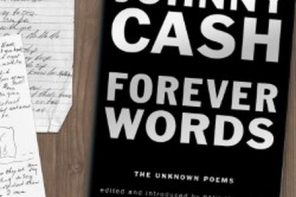This week, Inside Culture celebrates the 500th anniversary of Thomas More’s Utopia, originally published in Latin in 1516 and celebrated ever since.
The book is an account of a fictional island called Utopia told by a man who travelled there. He tells of this extraordinary place where gold was shunned, where an entire population farmed, where the whole society was designed for peace, harmony and the common good.
Written in the days of King Henry VIII it was, of course, a critique of the worst aspects of corruption and injustice that existed in those times and it is also a work of great satire which drew on the writings of Plato and Lucian as they were being re-discovered in the Renaissance.
Fionn Davenport speaks to John Gallagher, Research Fellow in History at Gonville & Caius College, Cambridge, about More’s Utopia and we visit the very spot in Antwerp where More supposedly first heard about the island. A carved stone commemorates the occasion.
He visits The Quaker House at the foot of the Dublin hills where curator of the Historical Library there, Christopher Moriarty and Assistant Lecturer at DIT, Miriam Delaney discuss the utopian Quaker villages built in the 18th and 19th centuries all over Ireland. These were planned with an eye to both utilitarianism and philanthropy and were notable for their inclusive, progressive attitudes towards work and religion.
Fionn also visits the the alcove of Britain’s oldest lending library, Chetham’s in Manchester, where Marx and Engels sat and studied throughout the summer of 1845 – three years before the publication of the Communist Manifesto.
Published at a time of widespread revolution the slim book had a devastating effect on Europe and then the world as the dream of communism was realised by a bloodbath and ‘perpetual revolution’.
Writer Kevin Breathnach recalls a visit to Chemnitz in Germany where a giant head of Karl Marx was sent by train from Russia in the 1950’s as the town changed its name to Karl Marx Stadt.
Historian Catherine Merridale tells Fionn about another train ride, this time taken in 1917 from Switzerland to Russia by Vladimir Ilyich Lenin and his fellow communist revolutionaries as they made their way to Petrograd after the fall of the tsarist regime. The gripping story is the subject of her latest book, Lenin on the Train.
Throughout the hour we ask why we dream of utopias and if they can ever exist.
Broadcast on 21 November 2016


